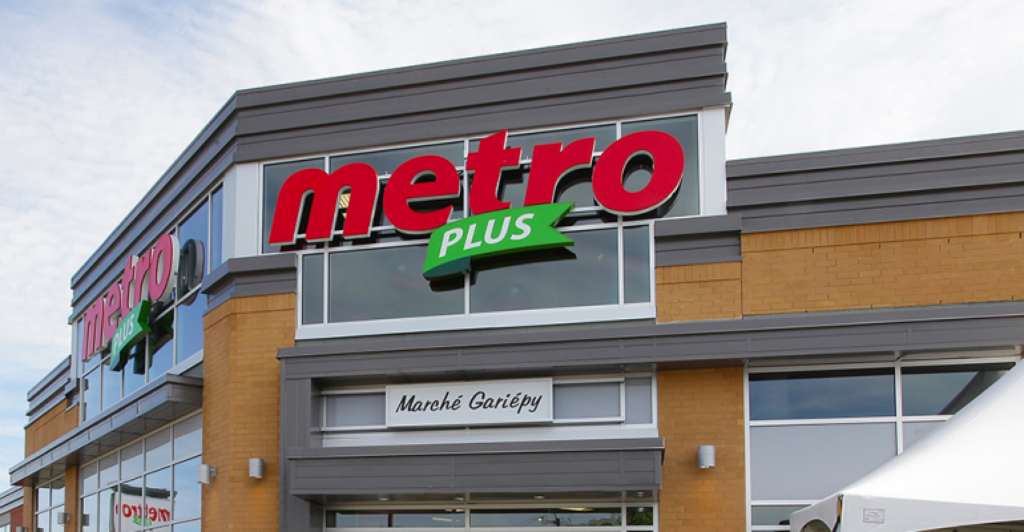Canadian retailer Metro Inc. said Wednesday that second quarter net income was down compared with a year ago as it transitioned into two new automated warehouses and prepared to expand a new loyalty rewards program.
Net income was down about 14.5% to $187.1 million Canadian (about $136.4 million U.S.). Sales increased 2.2% for the quarter to about C$4.7 billion ($3.4 billion U.S.).
Metro said food same-store sales were up 0.2% in the second quarter, and up 2.7% when adjusted for the shift in the Christmas holiday — the week before Christmas was in the fiscal second quarter of fiscal 2023 vs. the first fiscal quarter this year. Through the first two quarters, same-store sales were up 3.1%, which was largely driven by sales gains at the company’s discount banners, the company said in a conference call with analysts.
“Cycling a strong second quarter last year, and with inflation declining, we are pleased with our results,” said Eric La Flèche, president and CEO, during the call.
He said the market remains highly competitive and promotional activity remains high. Inflation was 3% in the quarter, down from 4% in the preceding quarter and 5.5% in Q4 of fiscal 2023.
“Facing cost of living pressures from all around, customers continue to shop carefully and search for value,” said La Flèche.
Consumers are trading down to lower-priced options in some categories, especially meat, said Francois Thibault, executive VP and chief financial officer, and the growth of private label sales has been about double that of national brands.
The company said tonnage of product sold was flat in the quarter, relative to a year ago, with higher transaction counts across all banners and lower average basket sizes.
Metro also said its ecommerce sales increased 51% in the quarter, driven by new third-party delivery agreements and the expansion of click-and-collect services to more locations.
Same-store sales in the company’s pharmacy division were up 5.9%, including a 6% increase in prescription drug sales and a 5.8% increase in front-store sales, which the company said was driven by a strong cough-and-cold season and effective merchandising strategies.
Metro’s total sales through the first 24 weeks of fiscal 2024 were up 4.4% to C$9.6 billion Canadian ($7 billion U.S.).
The company said it had completed the transition of fresh meat, deli, and ice cream products into its new Terrebonne, Quebec, distribution center, with only the dairy category left to transfer to the new facility. It is also gearing up for the launch of the final phase of its automated fresh distribution center in Toronto next summer.
“Fiscal 2024 is a transition year, with the startup of two large, automated distribution centers, but we are confident that our sustained investments in our supply chain, our retail networks, and our digital capabilities will position us well for the future,” said La Flèche.
The company also announced that it plans to launch its Moi Rewards program in its 275 Metro and Food Basics stores in Ontario stores later this year. In connection with the transition to the new loyalty program, the company said it would withdraw from the Air Miles Reward Program, resulting in a C$20.8 million ($15.2 million U.S.) impairment charge in the second quarter.
The Moi Rewards program, which allows members to accumulate and redeem points for product discounts in-store and online and to receive personalized promotions, has been well received in Quebec, the company said. Nearly 70% of Quebec households belong to the program, the company said.


